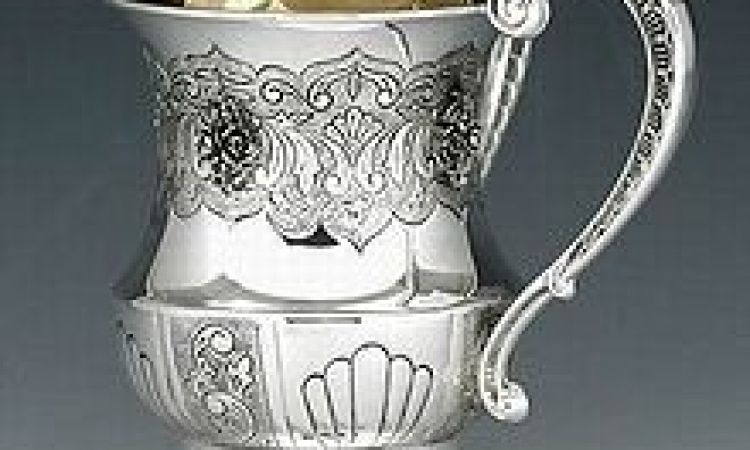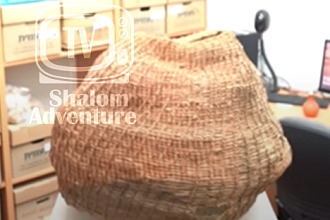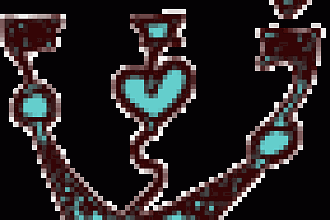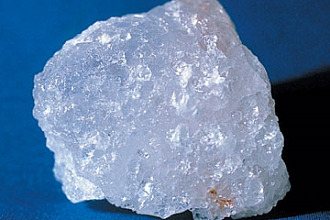"Netilat yadayim" is the Jewish word depicting the religious washing of hand with the help of a cup.
This ritual or more commonly called ablution is the process of getting rid of all body impurities. Traditional Jews use special Jewish washing cups called "Yeddish" for the purpose of ablution. These traditional cups are made in silver and have two handles. The principal behind the two handles is that once the first hand gets washed it becomes pure and should not be touched by the other hand till washed and purified. The traditional practice calls for pouring water from the traditional "Yeddish" on each hand for three times and then alternating the hands.
This practice of using "Yeddish" cups to wash hands is also followed reformist Judaic clan as a mark to get rid of any kind of suffering and slavery. The use of washing cups has been mentioned in the first written records of the Hebrew Bible. The Jewish washing cups therefore play an important part in the religious lives of the people. With time the ritual has been commercialised and demand has made art and design add to the dignity of the Jewish washing cups.
Some of the more popular designs and materials used in the making of the religious washing cups are as follows-
1. Armenian chrome washing cups- These are simple and cheaper forms of the costlier traditional cups. Although simple in design but these cups are durable and long lasting.
2. Pewter washing cups- These are rich in designs made up of exclusive golden motives. These cups show an amalgamation of both tradition and modern design.
3. Ceramic washing cups- Ceramic cups are the most common and popular material used in making of the Jewish washing cups. The colours used are water proof and have the finest hand printing designs.
Besides the above, the traditional Jewish washing cups are made up of gold and more commonly silver. Being expensive these materials are used in places of worship and only on special occasions. Besides keeping the demand and need of the common people in mind , steel Jewish washing cups and basins have invaded the market.
Originally found here
Picture originally found here


























